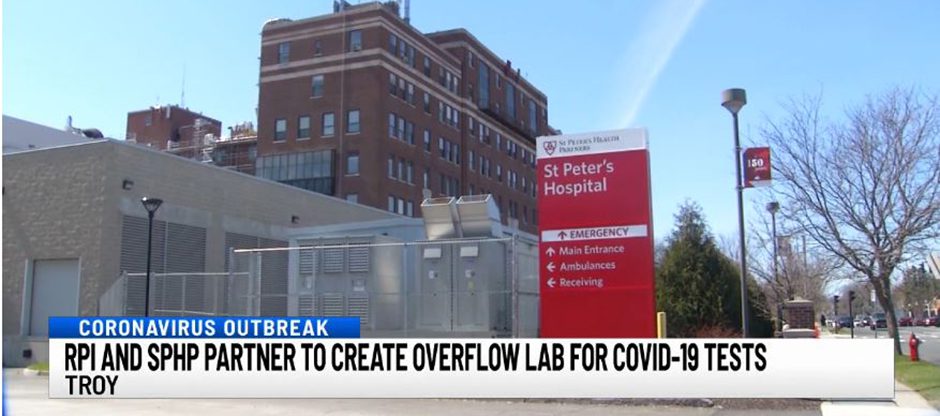
This article was written by Mark Osborn, M.D., Chief of Pediatrics for St. Peter’s Hospital, and a provider with St. Peter’s Health Center for Children.]
While local school districts are still in the process of figuring out how they are going to welcome back students this fall, there is no question it is going to look vastly different than when kids headed home in March during the height of the COVID pandemic.
The one thing that hasn’t changed on every parent’s back-to-school list is making sure students have all their required immunizations. Whether your child is learning remotely, in-person, or a combination of the two, New York state law requires all students entering school grades kindergarten through 12 to be vaccinated, or to have a valid medical waiver, for the following:
- Tetanus, Diphtheria, and Pertussis Booster (DTap for kindergartners, TdaP when the child turns 10)
- Polio (IPV or OPV)
- Measles, Mumps and Rubella (MMR)
- Hepatitis A and B
- Varicella (Chickenpox)
- Haemophilus influenza type B (Hib) and Pneumococcal (Prevnar)
The meningitis vaccine is also recommended for children at age 11, with a second meningitis vaccine at the age of 16. The vaccine is a must, especially for students thinking about heading off to college or a U.S. basic military training center.
The American Academy of Pediatrics (AAP) also recommends children get the HPV vaccine to protect against the human papillomavirus. The latest data allows children to begin receiving the vaccine as early as age nine, with two doses providing the necessary protection under age 15. Three doses will be necessary if the child begins receiving the vaccine after the age of 15.
It is important to remember:
- Vaccines are safer and more effective today than ever before. One reason is the naturally occurring additives that help sterilize vaccine fluids.
- While children today are getting more vaccinations than in the past, the overall amount of immunologic agents in these vaccines is smaller. Two shots given to children in 1980 had more immunologic agents than the antigens in the entire childhood vaccination series given today.
- Delaying vaccinations — or spreading them out over time — increases the risk of exposing your child to a serious and possibly life-altering illness.
- Vaccines don’t weaken the immune system; they boost it.
Parents should discuss vaccine updates with their child’s pediatrician at every annual well child visit, as the recommendations from the AAP change annually. More information about the need to keep children on schedule for routine vaccinations is at www.aap.org/immunization.
St. Peter’s Health Center for Children, 1092 Madison Avenue in Albany, offers a complete range of services for children from newborns to age 18. Services include well-child routine care, sick child exams, school and camp physicals, sports physicals, immunizations, health maintenance and education, and access to other hospital services and referrals to specialists. Call 518-525-2445 for more information or an appointment.





